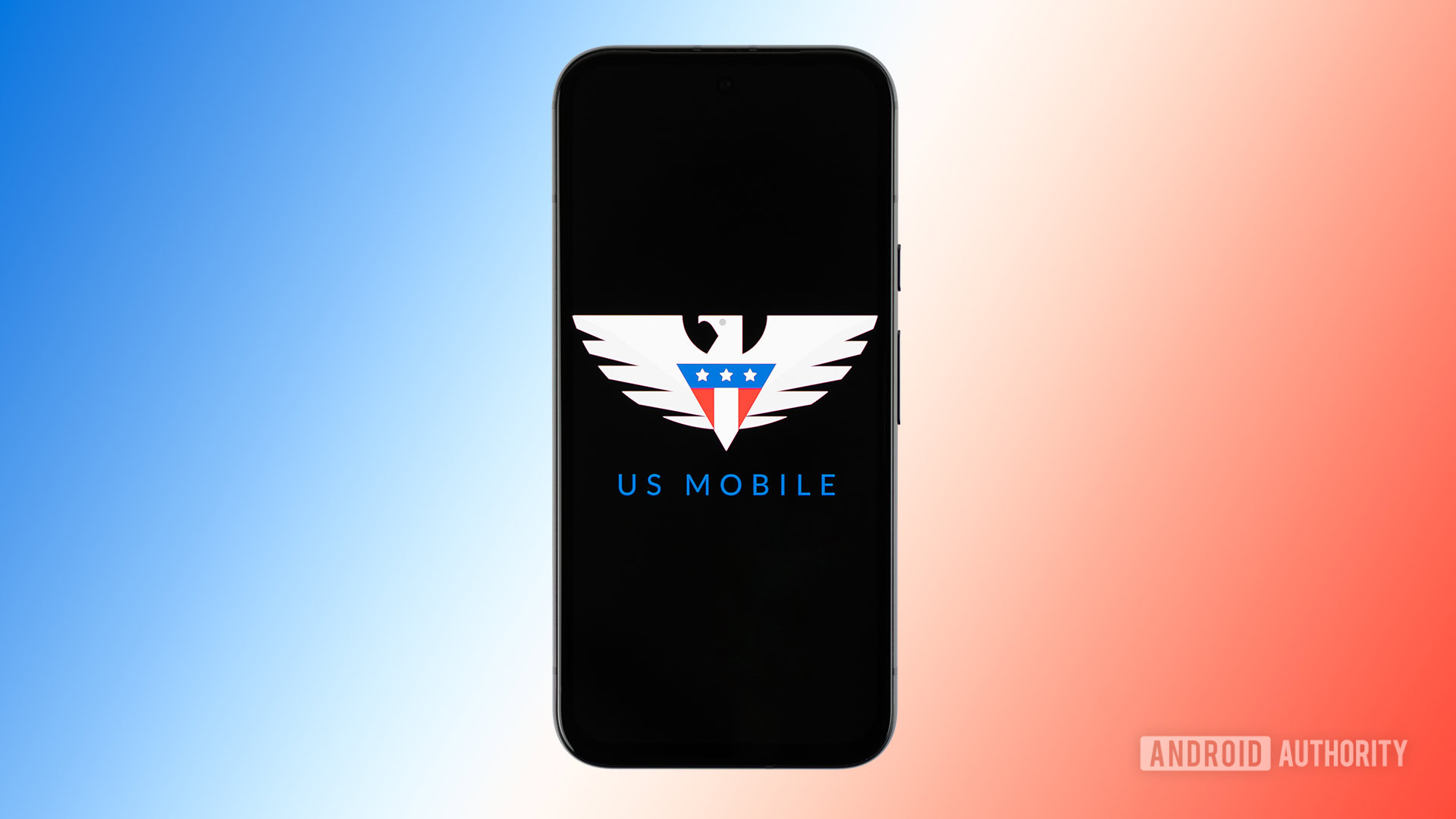Edgar Cervantes / Android Authority
Cellphone and internet bills have gotten pretty expensive since the pandemic leaving many of us looking for cheaper alternatives. In many cases, we recommend shopping multiple ISPs or considering a prepaid carrier to cut costs. But can you negotiate a lower phone and internet bill? Ettique-wise, it’s a bit of a gray area and you might come off as a bit of a Karen. Some of us definitely wouldn’t feel comfortable asking for lower prices than currently advertised, but in some situations, it really can work.
The most important thing is to understand your alternatives while also keeping your expectations in check as to how much of a discount you might get.
What can you expect, and why it’s important to keep expectations in check
You might think negotiating means you can walk in with a firm price and boldly ask for it. While you can certainly try, don’t expect guaranteed success. There are countless articles online suggesting you can easily negotiate bills, with tips like having a set maximum price you’re willing to pay. The reality is that some memberships, services, and utilities are more negotiable, while others have clear limits.
For mobile carriers like AT&T and T-Mobile, you can’t expect them to create plans that don’t exist, but there are a few things they can do to help a customer who is struggling with their bill and seriously considering switching to a cheaper option. With ISPs, you may have even more flexibility, as pricing is often regional and internet service providers usually have more leeway than mobile carriers.
So what can you realistically expect to negotiate? If you’re dealing with an ISP or mobile provider, potential discounts might include:
- Extension on a promotional rate: If your internet, cable, or phone bill is about to increase after an introductory or promotional rate, you might be able to extend your current lower rate. This extension could last a few months, but sometimes it may be longer.
- Loyalty discount: If you’ve been with your carrier or ISP for many years, you may qualify for a loyalty discount. This could come in the form of a one-time credit or multiple credits spread over several months to even a full year.
- Perks or extra benefits: An ISP or carrier might offer a special perk. For example, Verizon might cover your Netflix costs for six months or provide a similar benefit.
That’s typically the extent of what you can expect. Don’t anticipate a permanently discounted or custom plan just for you. It’s also important to note that ISPs are usually more willing to offer special discounts than major mobile carriers. Additionally, there’s always the possibility that your ISP or carrier will simply say they can’t help. Negotiating isn’t a guaranteed solution, and there’s no magic bullet for success.
How to lower your cell phone and internet bill
Now you have a little idea of what you can expect in terms of discounts or extras they may offer. But want to know how to lower cell phone bill? Before we go forward I want to be clear that while I’ve helped others (like my mother) do this with their internet bills, my knowledge on carrier negotiations is mostly from research.
- Step 1: Know the competition. Check out competitor pricing, promotions, BOGO deals, and more. Know how much you’d pay if you were willing to switch.
- Step 2: Know your current carrier/ISP plans and pricing, as well as any special promotions they are offering. Also make sure you know pertinent account details including how long you’ve been a customer, if you’ve always paid your bill on time, and how much data you actually use in a month.
- Step 3: Call your carrier or ISP. There are many tactics you can take but the one most likely to yield a result is to say you’ve been a customer for X amount of years and are considering canceling or switching to another provider and that you want to talk to customer retention or the cancellations department.
- To really get your ISP or carrier’s attention you’re also going to need to be willing to go through with quitting. Even if you leave, there’s a chance you’ll receive a special “come back” type of promotional offer.
- If you don’t seem to be getting anywhere, also consider bringing up similar promotions or plans from competitors that one up your current provider. Don’t be afraid to mention things like “Well, is there any way I could get a one-time credit to help me catch up on my piling up bills” or ask something like “Are there any kind of extras you could provide, even temporarily, like free streaming?”
- If you’ve tried everything you can either go through with the threat to quit and say thanks but no thanks and that you’ll be cancelling as soon as you line up a new provider (whether this is true or not). The latter is a good way to just slink back into the dark like it didn’t happen but you’re less likely to get an offer to stay. If you actively start going through the cancellation process with the rep? Sometimes last minute you’ll be given exactly what you want, but just don’t bank on it.
That’s really all there is to it. Just remember the more you know about your provider and its competitors, the more likely you’ll get an offer of some sort.
Is a discount really the best long-term move, or should you just switch providers?

Edgar Cervantes / Android Authority
Only you can answer this question, but there are definitely pros and cons to this approach. While it is possible to get a discount from an ISP or carrier, these discounts are often temporary, with fixed expiration dates. Although you might be able to negotiate and extend the offer repeatedly, it’s worth considering whether jumping through all the hoops and expending the effort is truly worthwhile.
In some cases, it may make more sense to explore cheaper internet service providers or switch to a prepaid carrier if you’re currently using a more expensive postpaid option. There’s also the option to switch your plan to something cheaper, especially if you don’t use all the perks and data benefits from your current plan.
When it comes to internet or cable, you could also save money by switching providers.
Most providers offer an introductory plan rate for a year before significantly increasing the price. Some companies, like Mediacom, require you to stay for another year at a higher rate, while others allow you to leave, but you won’t be eligible for a new promotion until you’ve been gone for at least thirty days. Many people switch to a new provider for the lower price and then move on to another when the promotion ends. After that provider’s promotion expires, you’re typically free to return to your previous provider and take advantage of the promotional pricing you wouldn’t have qualified for if you had stayed with them.








